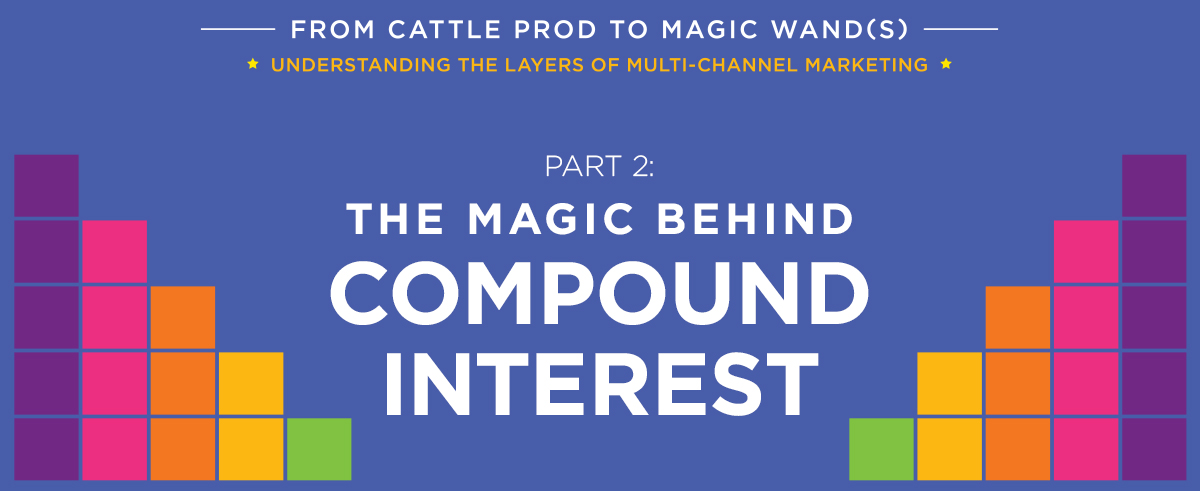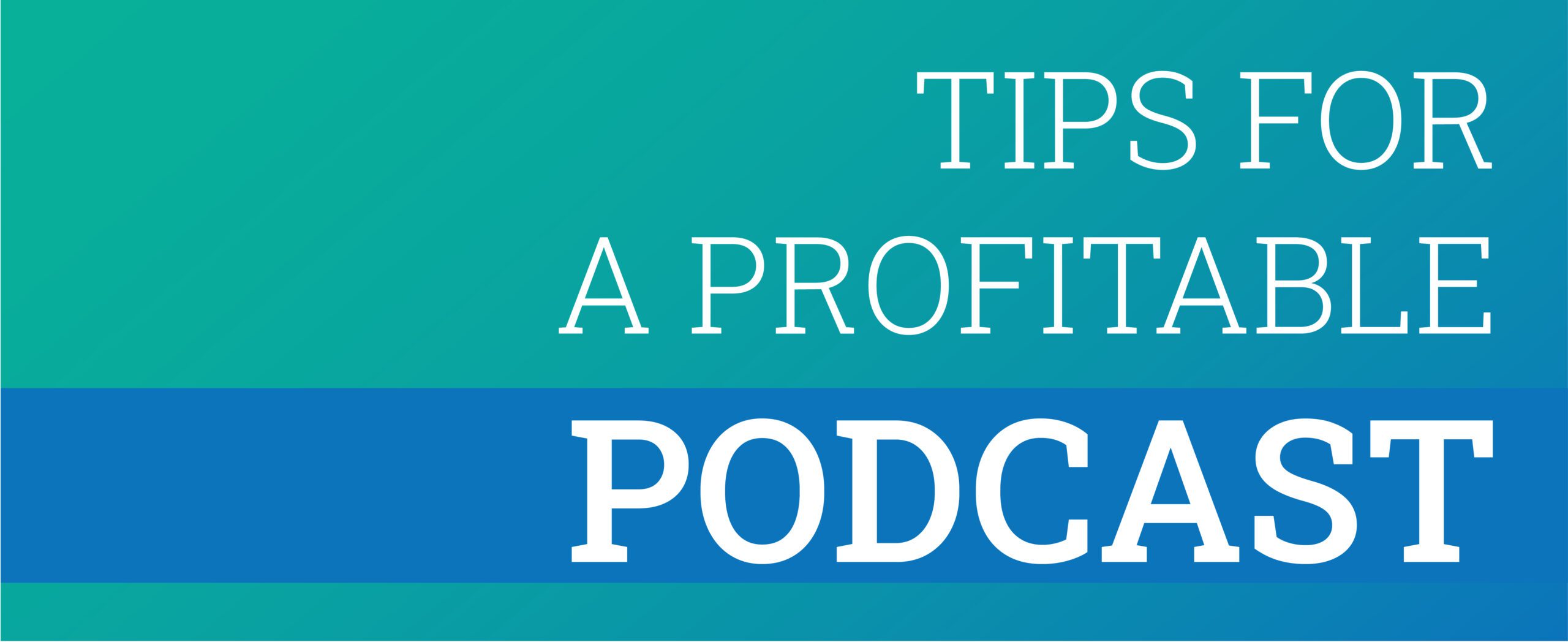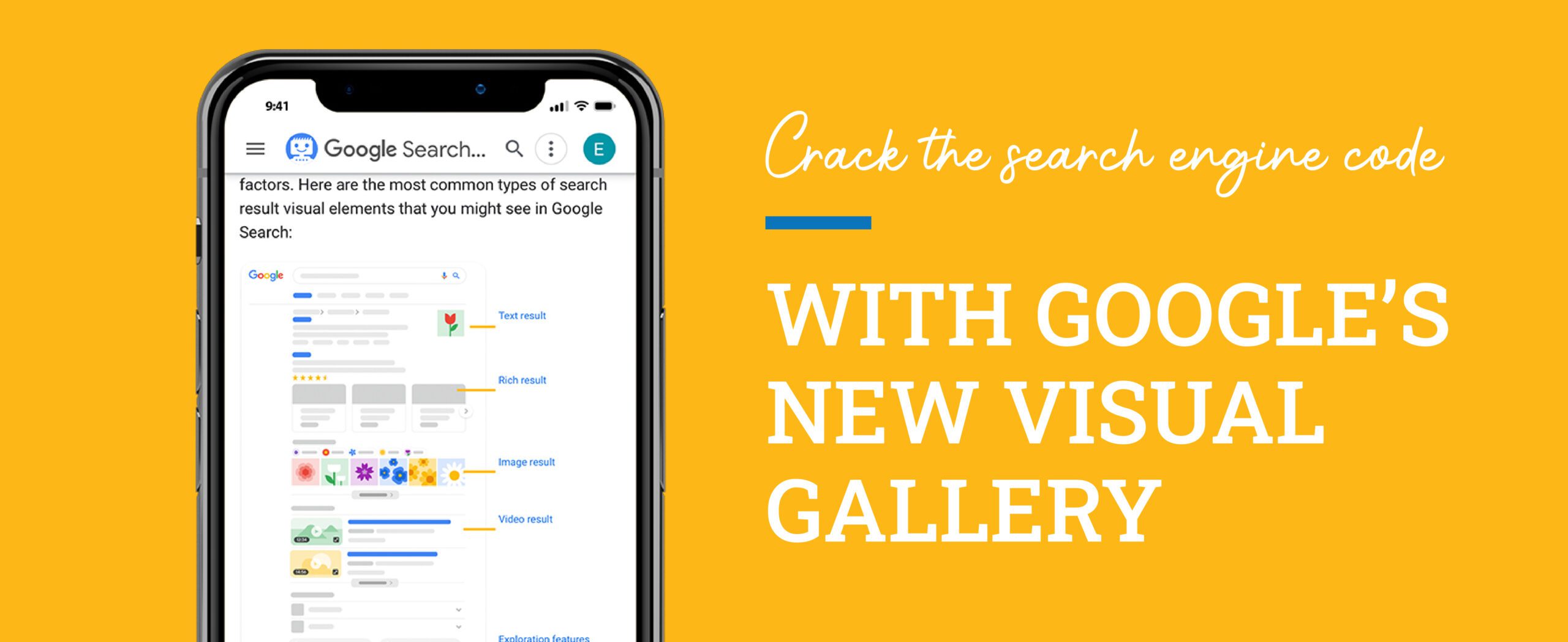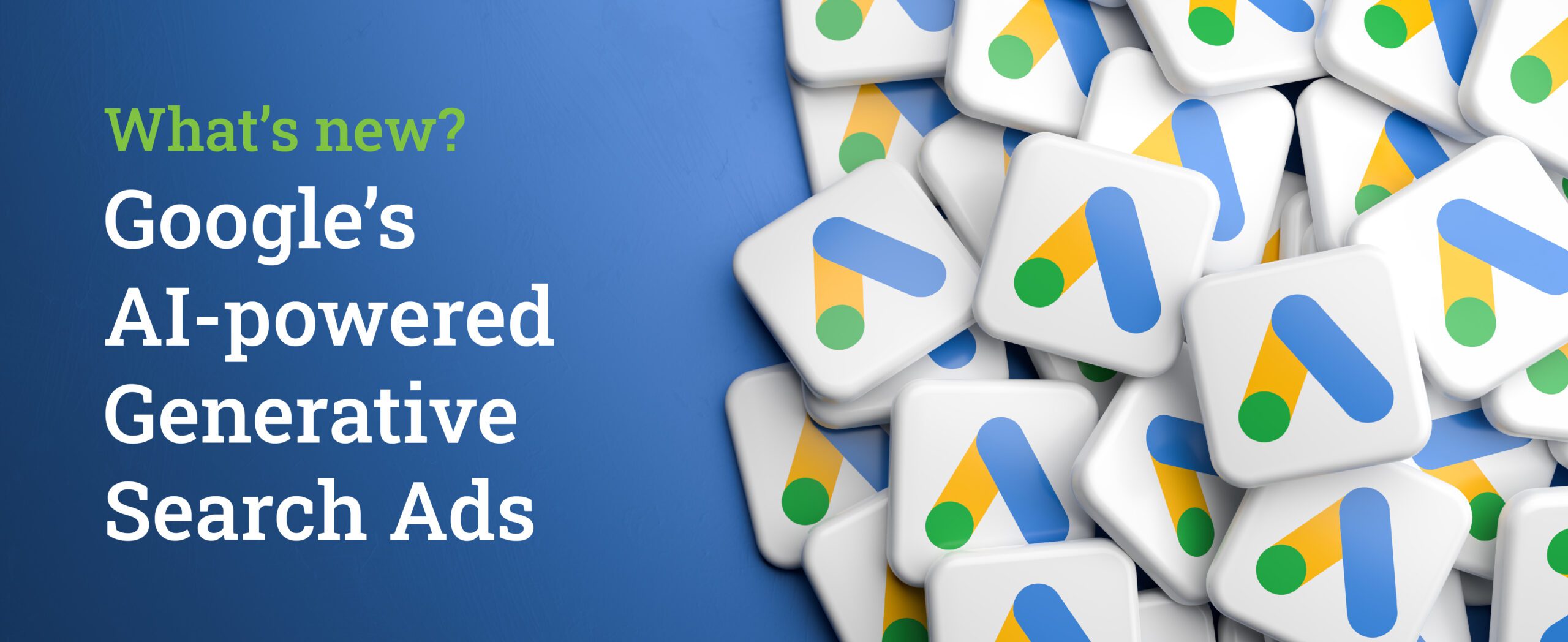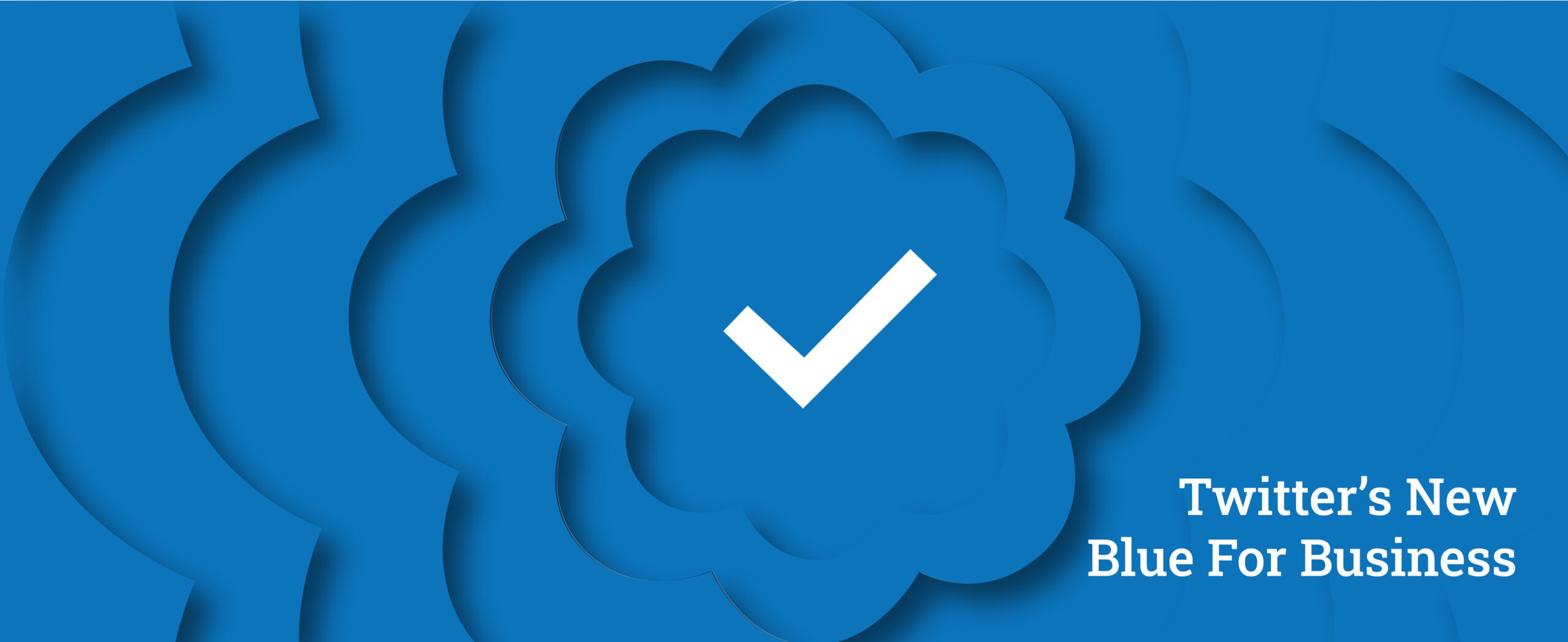This is the second article in a three-part series that breaks down the three critical elements of a successful multi-channel marketing campaign. Don’t miss Part 1: The Myth of “The One” and Part 3: Answering the Most Important Question.
Today I’d like to address the false assumption that “if you build it, they will come”—a concept that may have worked well for “Field of Dreams” and our Iowa neighbors, but one that falls on deaf ears in the marketing or advertising landscape. There are simply too many other voices vying for our attention.
If you’re going to…
- Build a beautiful website
- Launch a social campaign
- Amplify your Facebook presence
- Run Google Ads
- Put your face on a billboard
- Sing your praises on the radio
…make sure each clearly communicates what you do, how and who you help, and how they can find you. These values should be relatively consistent from channel to channel; otherwise, you risk contributing to the noise instead of rising above it.
Everything we do at MediaSpark is centered on what the client wants to accomplish and viewed through the lens of building their brand equity in the marketplace.
We look at target audiences and influences. We create as many touchpoints as possible to clarify our insight. And we watch our language closely, refining our message until it resonates fully with those perfect customers.
Because there’s a conversion in every conversation.
It’s more than just wordplay. The success of nearly every marketing strategy comes from knowing exactly who you’re talking to, listening to what they say (or watching how they behave) in response, and adjusting accordingly. On every channel. At every opportunity.
It’s a marketing mambo, and our goal is to match your audience step by step.
Start with your Facebook page here.
The true power of effective multi-channel marketing is in this “compound interest”—where every channel in your strategy supports, strengthens, and builds on each other.
Done poorly and without a strategy or strong messaging, you create confusion, which always nets a loss.
Done well, and it’s music to everyone’s ears.
Something to remember here as well is that the idea of “compound interest” goes both ways. It’s not just about your audiences learning more and more about you—it’s about continuously getting to know your audience. The more information you can gather about the people you serve, the better you can serve them.
Win-win.
Ready to win with your customers on every channel? Contact us here.
